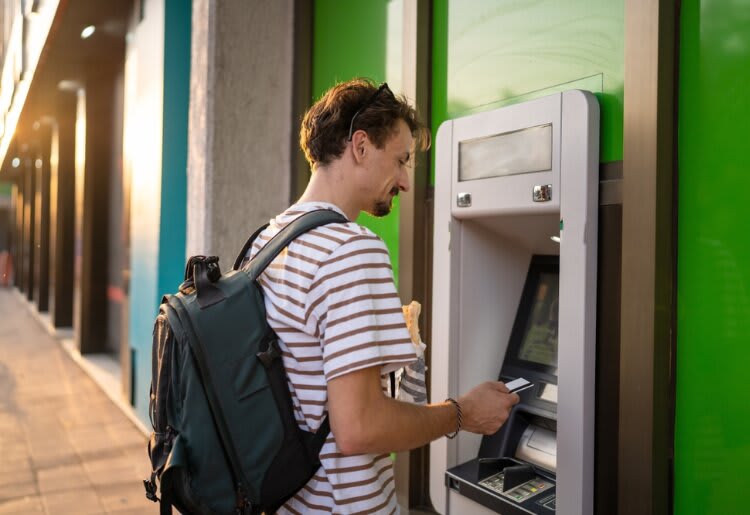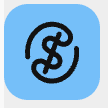
Introduction
High yield savings accounts are deposit accounts similar to what you would open at a traditional bank, credit union, or online financial institution. Any interest earned in a high yield savings account is taxable to the owner, so long as the interest earned is more than $10 in a given calendar year. The difference between a high-yield savings account and a traditional savings account has to do with the interest rate and annual percentage yield you earn on your deposit. Don't know what is annual percentage yield (APY) is? Read here
For example, the average savings account offers an interest rate of around 0.06%. Meanwhile, a high interest savings account can offer rates of 0.40% to 0.50%. In fact, it’s not unusual for the best high yield savings account to offer rates that are 10 to 25 times higher than what you’d get in a traditional savings account.
Generally speaking, most people choose to open a high yield savings account to maximize earned interest while protecting their cash. The best high interest savings accounts offer not just a high rate of return, but also come with FDIC protection that acts as a hedge against a specific or system wide bank failure. With a mix of federal insurance protection and a higher than average yield on your deposit, a high interest savings account represents a relatively safe place to park some of your excess cash.
When choosing between high yield savings accounts, you’ll want to take time to compare the different features they offer. Some things to consider include APY, monthly fees, optional checking account, minimum balance requirements, maximum translation limits, overdraft fees, and the possibility of getting an ATM card.
Advantages and Disadvantages of High Yield Saving Accounts
One of the main advantages of high yield savings accounts is the high interest rate they offer compared to traditional savings or checking accounts. This allows you to achieve greater returns, all while keeping your money readily accessible with free access to ATMs and ease of use with mobile banking apps and dashboards. Compared to other investment products, such as bonds or CDs, high yield saving accounts offer greater liquidity and more flexibility, and come with fewer fees and penalties. They are also relatively safe, given that the best high interest saving accounts are protected by FDIC insurance and plenty of security.
That said, a high yield savings account is not the right choice for everyone or every situation. Even the best high yield savings accounts are susceptible to fluctuations in interest rate. Just because you’re getting a particular rate now doesn’t mean you’ll be getting the same rate forever. Additionally, the returns of high yield savings accounts pale in comparison with brokerage or mutual fund accounts, and are therefore not the best option for people trying to build long-term wealth. Finally, many accounts limit the number of transactions you can make, which restricts how and when you can access your funds.
Conclusion
If you want to create an emergency fund, but don’t want to just hide your cash under your mattress, then a high yield savings account might be the right choice for you. With high interest rates, low fees, and mobile and online accessibility features, the best high yield saving accounts combine many of the best aspects of traditional banks with cutting-edge financial services. Before choosing an account, make sure you do the appropriate research to ensure your money works for you and not the other way around.









